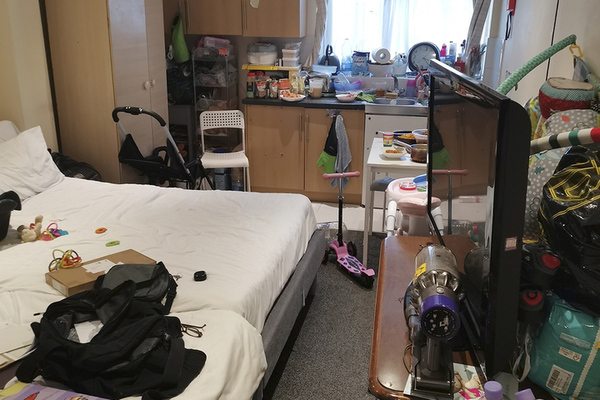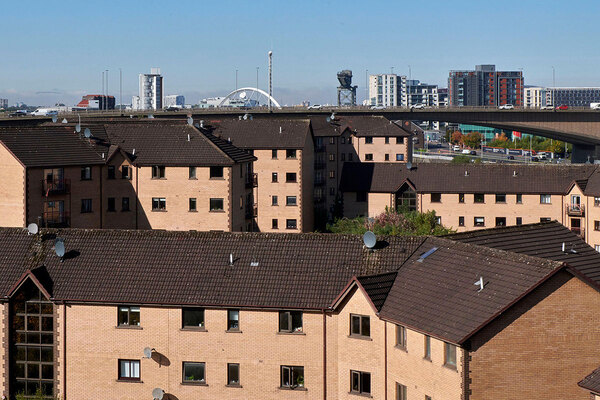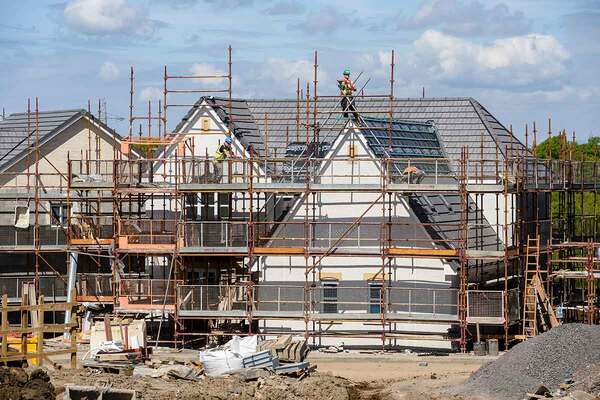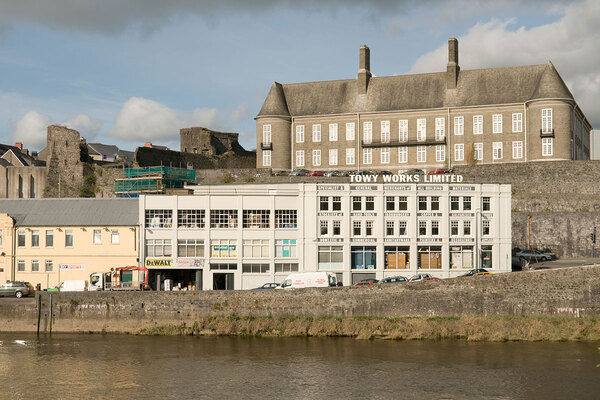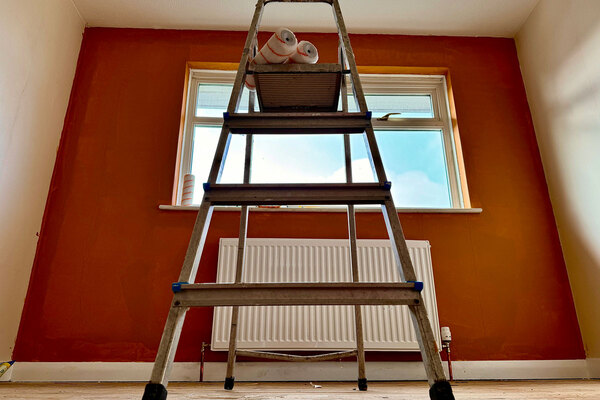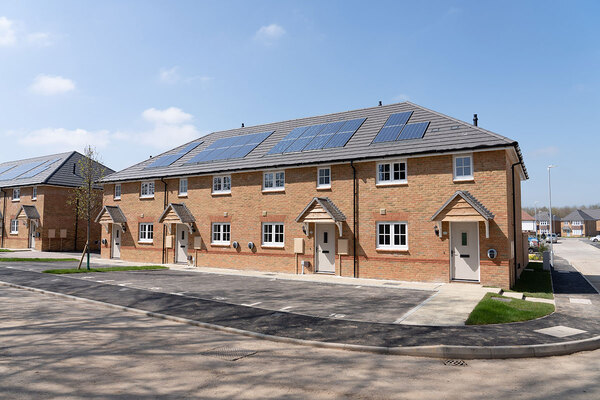You are viewing 1 of your 1 free articles
Women disproportionately harmed by Scotland’s housing crisis, report finds
Scotland’s “biased” housing system is disproportionately harming women and pushing them into cycles of poverty and instability, a new report has found.
The joint study by Shelter Scotland and feminist policy organisation Engender highlights how women’s access to safe and affordable housing is restricted by higher rates of poverty and greater reliance on social benefits.
It argues that women are at the sharp end of the country’s worsening housing crisis, which has recently led a number of councils to declare housing emergencies and has seen the number of children in temporary accommodation hit a record high.
Alison Watson, director of Shelter Scotland, said: “This report sets out in the clearest terms the specific and disproportionate harm done to women by the housing emergency.
“Following on from the devastating homelessness figures published recently, the report is a timely reminder that Scotland’s housing system is not only utterly broken, but also biased.”
The report points to statistics showing that women are more likely to spend a higher proportion of their income than men on housing, are less likely to own their own home or be able to access good-quality housing, and are more vulnerable to housing insecurity.
The report argues that women are disproportionately dependent on renting social housing, so when significant cuts are made to social housing budgets, women are some of those most impacted.
According to statistics from Engender, around a third of households in Scotland with a female head of household are in the social rented sector (30%), compared with fewer than one in five households with a male head of household (17%).
The report also found that homelessness services in Scotland are often unequipped to respond to women’s specific needs, particularly those fleeing domestic abuse.
It explains that women’s caring responsibilities and concerns over safety also create additional requirements for temporary homelessness accommodation, but that these are “too often” not met by local services.
The study points to government figures revealing that women who experience homelessness are more likely to have children in their care than men experiencing homelessness. In 2023-24, 75% (5,390) of single-parent households assessed as homeless were headed by women.
Specific groups such as women in poverty, minority groups and refugees are more likely to experience housing instability, poor housing, homelessness, or negative treatment by services, the report says.
To tackle these issues, the report calls for an increased supply of social housing, as well as changes to social security to tackle women’s economic inequality, including a ‘fund to leave’ for women experiencing domestic abuse.
It also recommends that the government takes a “gendered approach” to the allocation and supply of temporary accommodation that would take account of women’s needs, and improved data collection to ensure that women’s homelessness is better understood and not ‘hidden’ from official monitoring.
Ms Watson added: “We know that when it comes to housing, councils are breaking the law on an industrial scale, denying support to those who need it and are entitled to it; for a woman fleeing domestic violence the consequences of being turned away could be utterly catastrophic.
“Child-caring responsibilities are also far more likely to fall to women, so growing child homelessness will of course have a hugely disproportionate impact on women in Scotland.”
Catherine Murphy, executive director at Engender, said: “Our report with Shelter Scotland demonstrates the multiple barriers that our current housing system stacks in front of women, and the shocking ways it ignores their specific needs, pushing women into cycles of poverty and instability.
“The situation is even worse for women dealing with multiple layers of inequality. [Black and minority ethnic], disabled and refugee women; lone parents; and those with caring responsibilities often face relentless difficulty in securing stable housing.
“The official homelessness statistics tell us only a fraction of the story, as they fail to capture the complexity of women’s experiences, leaving them ‘hidden’ from our understanding of the problem.”
Sign up for our Scotland newsletter
Already have an account? Click here to manage your newsletters

